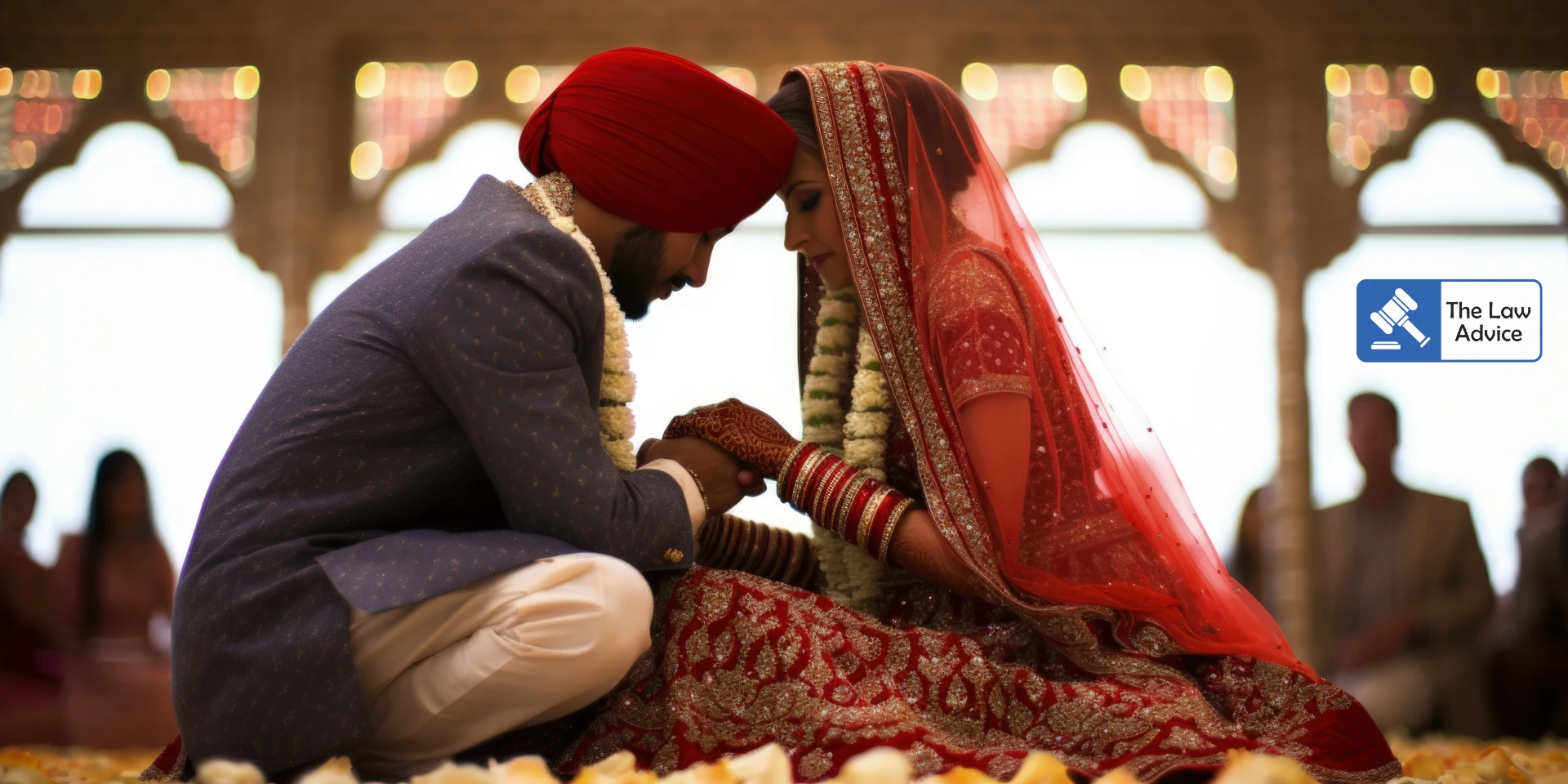
The Supreme Court has directed all States and Union Territories (UTs) to notify rules within four months for the registration of marriages solemnised through the Sikh religious ceremony of Anand Karaj.
A Bench of Justices Vikram Nath and Sandeep Mehta clarified that until such rules are in place, these marriages can be registered under existing marriage laws. The Court further directed that, where requested, the authorities should specify in the marriage certificate that the marriage was solemnised under the Sikh rite.
Highlighting the absence of uniform rules across the country, the Court observed:
“In a secular republic, the State must not turn a citizen’s faith into either a privilege or a handicap. When the law recognises Anand Karaj as a valid form of marriage yet leaves no machinery to register it, the promise is only half kept.”
The Court also clarified that in States which have already framed rules under the Anand Marriage Act, 1909 (amended in 2012), no authority can demand a duplicate registration under any other law.
The ruling came on a petition filed by a Sikh petitioner seeking enforcement of Section 6 of the Anand Marriage Act, 1909, which mandates States to frame rules for registration, maintain marriage registers, and provide certified extracts. The petitioner pointed out that while some States had acted, many others had failed to implement the mandate, resulting in unequal access for Sikh couples.
The Court noted that the 2012 amendment introduced Section 6 to provide for registration, not to validate the marriage itself, since an Anand Karaj is valid even without registration. However, a marriage certificate was described as essential for securing civil rights relating to residence, inheritance, succession, insurance, maintenance, and monogamy. This, the Court underlined, particularly safeguards women and children who rely on documentary proof to claim legal protections.
The Court cautioned that denying registration in some States while allowing it in others created inequality:
“Uneven access to a statutory facility across States and Union Territories produces unequal outcomes for similarly situated citizens. The law must provide a neutral and workable route to ensure Anand Karaj marriages are recorded and certified on par with other marriages.”
Special directions were issued to Goa and Sikkim. The Union government was asked to extend the Anand Marriage Act to Goa under the Goa, Daman and Diu (Administration) Act, 1962, after which rules must be framed. In Sikkim, interim registrations are to be conducted under the 1963 marriage rules, with a proposal to extend the Anand Marriage Act through Article 371F of the Constitution.
The Court also tasked the Union of India with acting as a coordinating authority by circulating model rules to States and publishing a consolidated compliance report within six months. States and UTs were further directed to designate a Secretary-level officer to monitor compliance and ensure that no application for registration is refused for want of rules.
The Court made its position unambiguous:
“No application for registration of an Anand Karaj marriage or for a certified extract shall be refused on the sole ground that rules under Section 6 of the Act have not yet been notified.”
Case Details:-
Amanjot Singh Chadha v. Union of India & Ors.
Website designed, developed and maintained by webexy